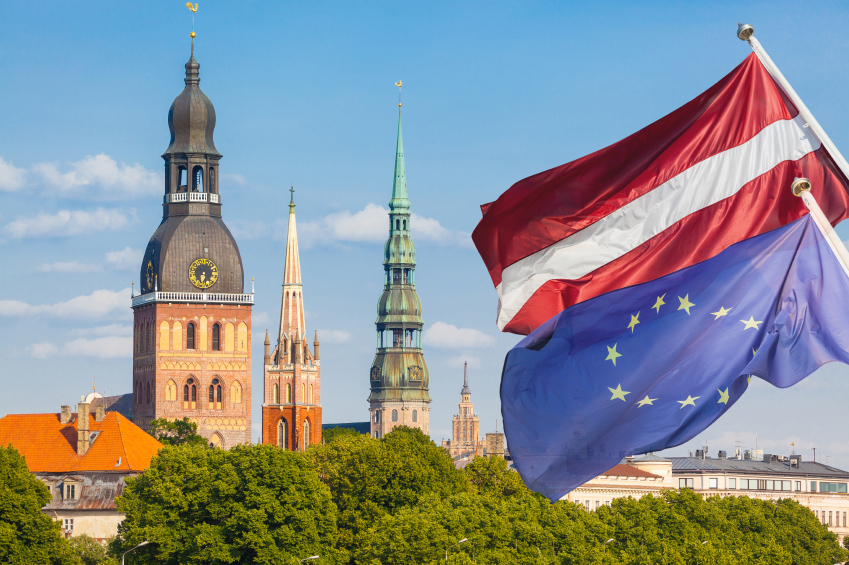Higher Education in Latvia

Educational system
There are several types of Higher Education Institutes (HEIs) in Latvia, made up of both state institutions and private institutions. Latvia has organized its tertiary education system to conform to the European Bologna Process and standards.
Universities Augstskolas
- The Latvian system distinguished between university Augstskolas, which offer degrees in academic and professional subjects, and non-university Augstskolas, which offer degrees in professional areas only.
- An HEI must do research and publish in the areas of their instruction to qualify as a university.
- Both types offer degrees at all three levels.
- There are six state Universities in Latvia.
Academies Akadēmijas & Non-Universities Augstskolas
- There are 12 non-university state institutions, the majority of which are Academies in areas such as Sport, Art and Music. The remainder offer degrees in such areas as Military Studies, Business, Teacher Training, Economics and Law.
- There are 15 private non-university HEIs, mostly offering degrees in areas such as Business, Management, Psychology and Social Studies.
Colleges Koledžas
- Colleges normally offer non-tertiary post-secondary education, but some offer full tertiary degrees at the primary level – i.e. bachelor degrees only.
- These degrees are of a professional rather than an academic nature.
- There are 17 state colleges offering primary level degrees in areas such as Agribusiness, Medicine, Engineering and Fire, Police and Border Services.
- There are 8 non-state colleges offering degrees in Business, Church Leadership, Accounting and Finance.
Admission Procedures
All Latvian residents have the right of access to Higher Education if they have completed upper-secondary education. There are no age restrictions. Some professional Bachelor programmes may additionally require a first-level professional higher education diploma for entry. EU residents are admitted under exactly the same conditions as Latvian residents. However, they must know the language of instruction well and have the equivalent certificate for completion of upper-secondary education. They must have the European Health Card to cover their health costs. Foreign students from outside the EU must be able to show: equivalency of their upper-secondary certificate; sufficient ability in the language of instruction; they can pass an examination demonstrating that their knowledge corresponds to the entry requirements of the institution, and that they have paid the appropriate fees.
Degrees and diplomas will need to be certified by the Academic Information Centre in Latvia. Most foreign students from outside the EU require a student visa. All details of the entry visa and residency permit are handled for the student by the institution they are applying to. Foreign students must also have health insurance. Latvia participates in the European Credit Transfer and Accumulation System (ECTS) which allows students from EU countries to use credits from other Universities towards a degree in Latvia, or transfer credits from Latvia to a degree in another EU country.
Bachelor’s Degree Bakalaura grāds (first-cycle degrees)
- Short-cycle degrees are offered in professional areas and take two or three years to complete.
- Long-cycle degrees are offered by Universities in both professional and academic areas and normally last four years.
Master’s Degree Maģistra grads (second-cycle degrees)
- Students must hold a long-cycle Bachelor’s degree in the appropriate area of study to be admitted to a Master’s programme in that area.
- A Master’s typically takes two years full-time to complete and includes a Master’s thesis.
- Studies in Medicine, Dentistry and Pharmacy take 5 or 6 years and are equivalent to Master’s degrees. Additional residency requirements usually apply to achieve full professional certification.
Doctoral Programmes Doktors (third-cycle degrees)
- Doctorates are offered in most fields. They normally require two years to complete on a full-time basis.
- Relevant lower degrees – Bachelor’s and Master’s - are required for admission.
- Study combines teaching at lower levels with independent research. A thesis is required.
